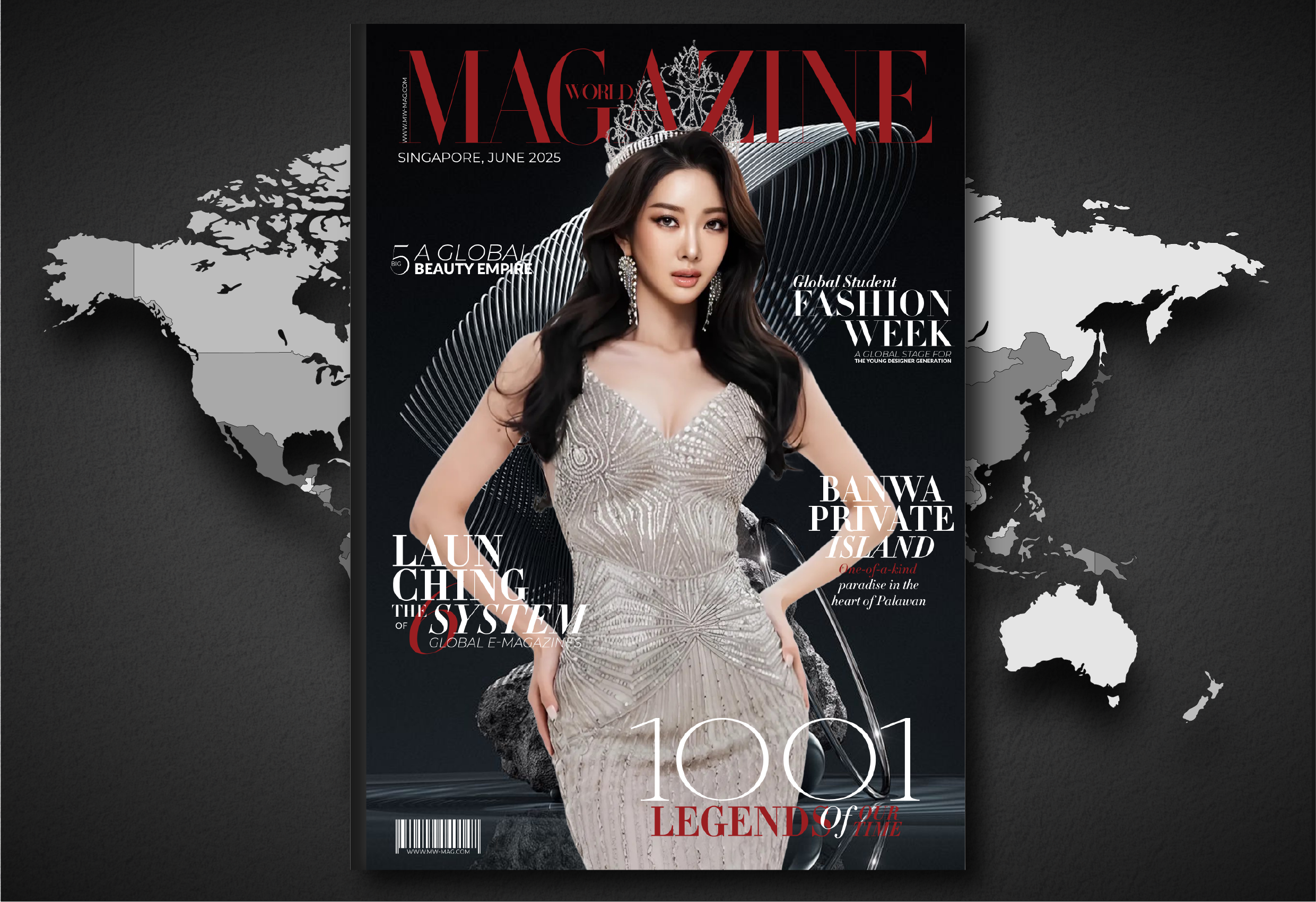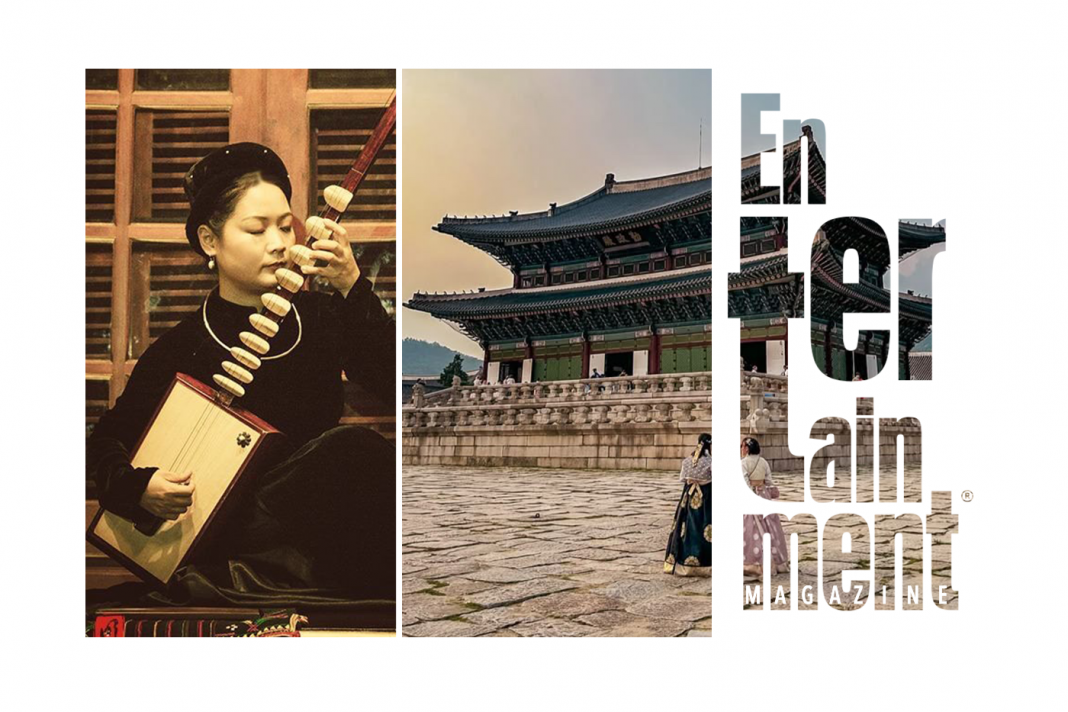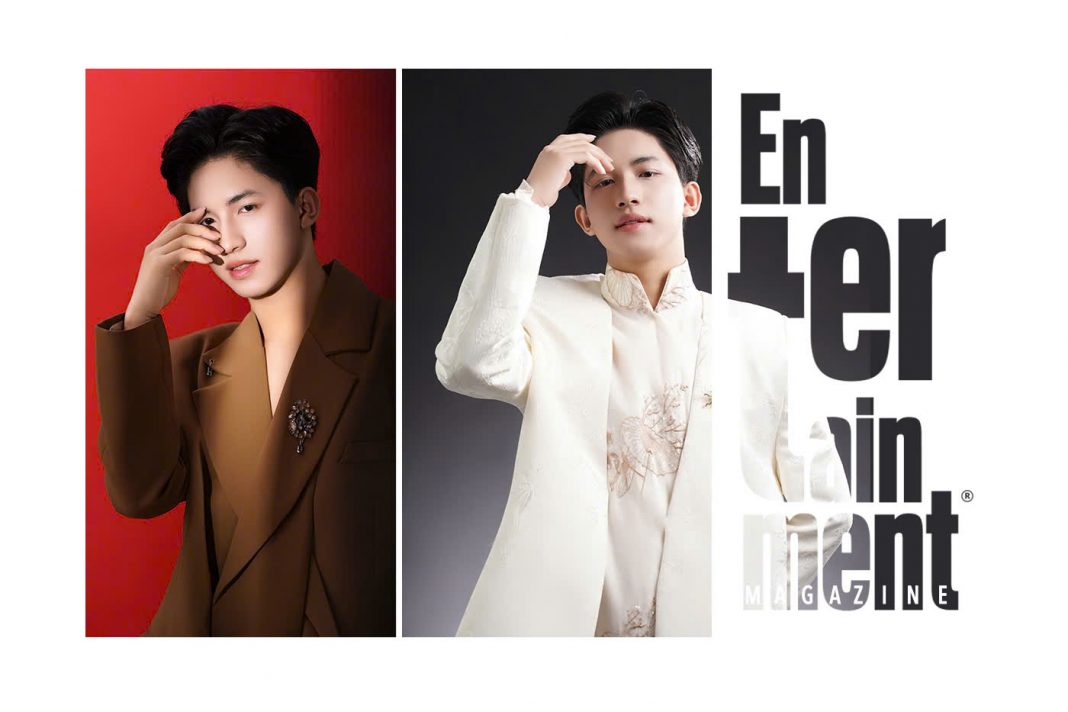The Hallyu wave – also known as the “Korean cultural wave” – has demonstrated a power that transcends national borders, becoming a symbol of soft power. From music and cinema to fashion and cuisine, South Korea has established a strong global influence. So, what lessons can Vietnam learn in developing its own culture as a tool of soft power, expanding its influence, and shaping national identity in the age of globalization?
Hallyu – Soft power emerging from culture
The Hallyu wave has become a global cultural phenomenon over the past two decades. It began in the early 21st century, when television dramas like Winter Sonata (2002) and My Sassy Girl (2001) captured the hearts of audiences across Asia. Since then, Hallyu has grown into a global network, connecting people from diverse cultures. K-pop music, with famous groups like BTS and BLACKPINK, has not only crossed national borders but also conquered Western music charts.

The rapid growth of Hallyu is not only due to artistic talent but also the result of strategic investment by the South Korean government. By creating a supportive environment for the entertainment industry and developing strong cultural promotion programs, South Korea has successfully enhanced its cultural influence and utilized culture as a tool of soft power. Not only the younger generation, but even world leaders have had to acknowledge the far-reaching impact of Korean culture.

Soft power and culture’s role in diplomatic policies
Soft power, a term introduced by the renowned Harvard professor Joseph Nye, refers to a nation’s ability to influence others through cultural appeal, values, and policies, rather than through military or economic power. In the context of globalization, soft power has become an important strategic tool, especially for smaller countries seeking to establish their position on the international stage.
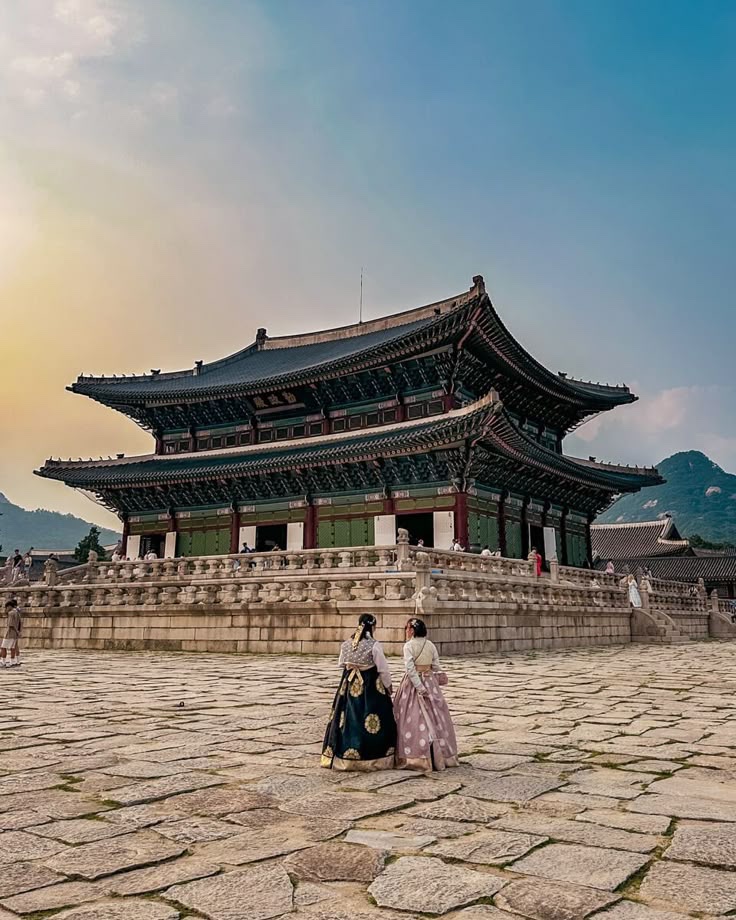
South Korea has recognized the power of soft power and has made significant investments in cultural development. The South Korean government not only encourages entertainment products but also implements a long-term strategy to strengthen the country’s position through the promotion of traditional culture, cuisine, fashion, and even folk cultural values. In particular, the Korean entertainment industry – with K-pop, cinema, and fashion – has played a crucial role in promoting South Korea’s image globally.
Vietnamese culture and the opportunity to construct soft power
Vietnam, with its rich history and diverse culture, has great potential to build soft power through cultural development. However, to achieve this, Vietnam needs a clear and systematic strategy. While Vietnamese culture has been internationally recognized through legacies such as literature, music, fine arts, and cuisine, leveraging these values to build a stronger national image on the global stage has yet to yield the desired results.
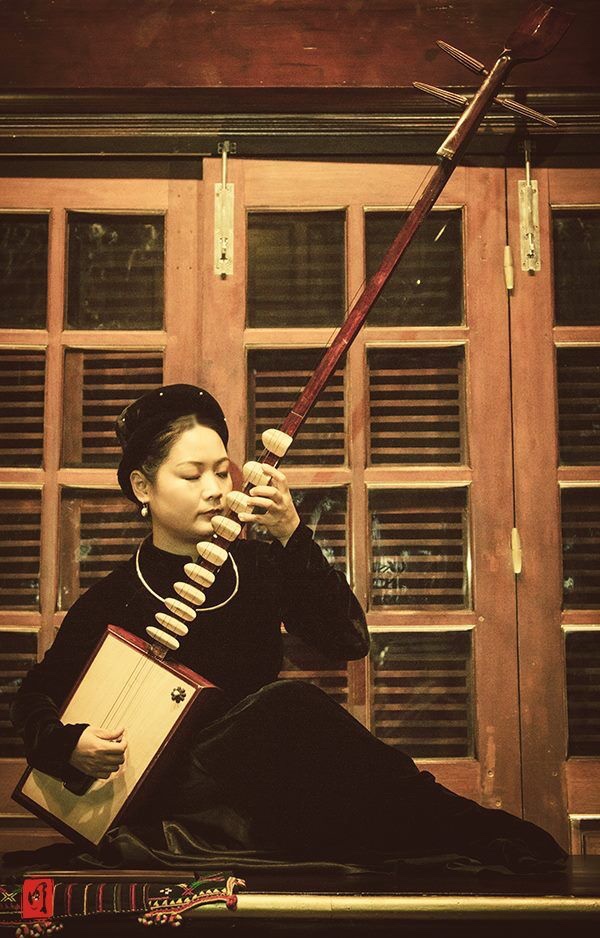
One of the key factors in developing Vietnam’s culture into soft power is reshaping the country’s values and image. In recent years, Vietnam has started to focus more on promoting its culture through international events, television shows, films, and campaigns promoting Vietnamese cuisine worldwide. However, to compete with countries like South Korea, Vietnam needs to invest further in cultural products that have the potential to connect with and attract international attention.
Lessons from Hallyu for Vietnam
Hallyu is not just an entertainment wave but also a lesson in investment, strategy, and long-term vision. This approach applies not only to the entertainment industry but also to the entire national culture. Countries like South Korea have created a sustainable cultural ecosystem where various cultural industries develop in parallel. From fostering creative industries, supporting young artists, to building cultural diplomacy strategies – all of these contribute to the undeniable soft power.
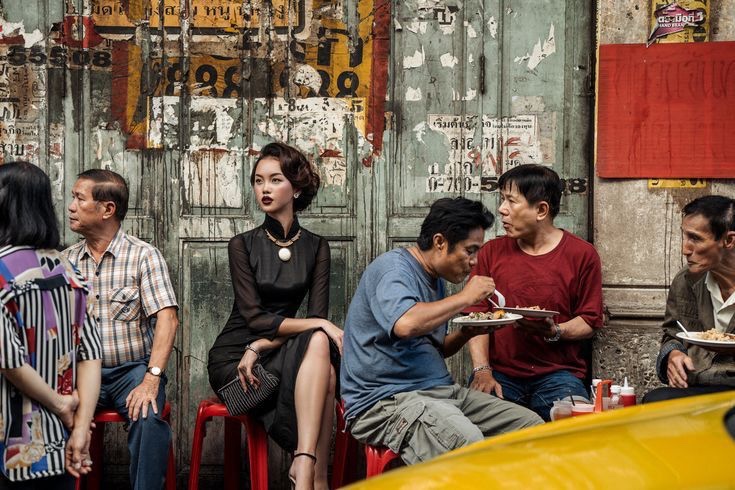
For Vietnam, in order to make culture a form of soft power, it is essential to recognize and strategically develop its unique cultural values. Promoting international cooperation in cultural fields, investing in cultural infrastructure, and creating opportunities for artists and content producers to showcase Vietnam’s cultural identity to the world are crucial steps. Additionally, leveraging digital platforms to spread Vietnamese culture, similar to how South Korea did with K-pop, is also a strategy worth considering.
The Hallyu wave is a clear example of how culture can become soft power, building influence not just in the region but globally. For Vietnam, the lessons from South Korea can serve as a guiding principle for developing culture into an effective strategic tool. We are in an era where culture is not only a heritage but also a source of strength, and with the right investments, Vietnamese culture can absolutely reach the world—not just to be recognized but also to become a symbol of soft power in the 21st century.
Taylor | Cameron Truong



